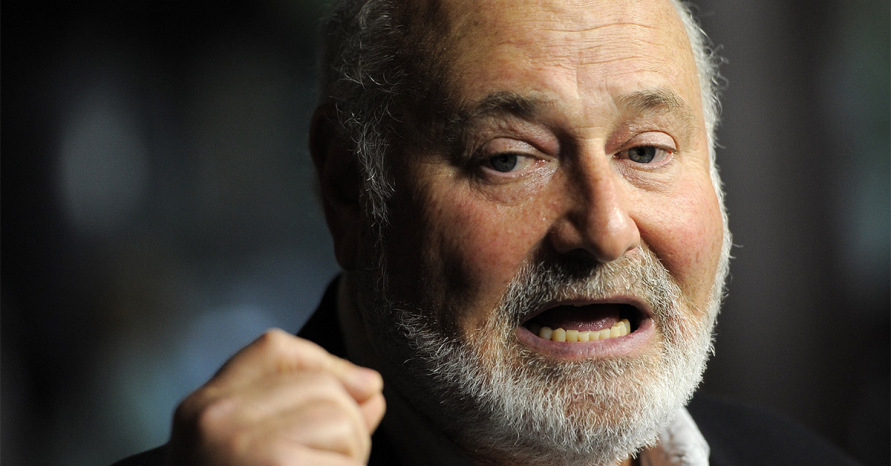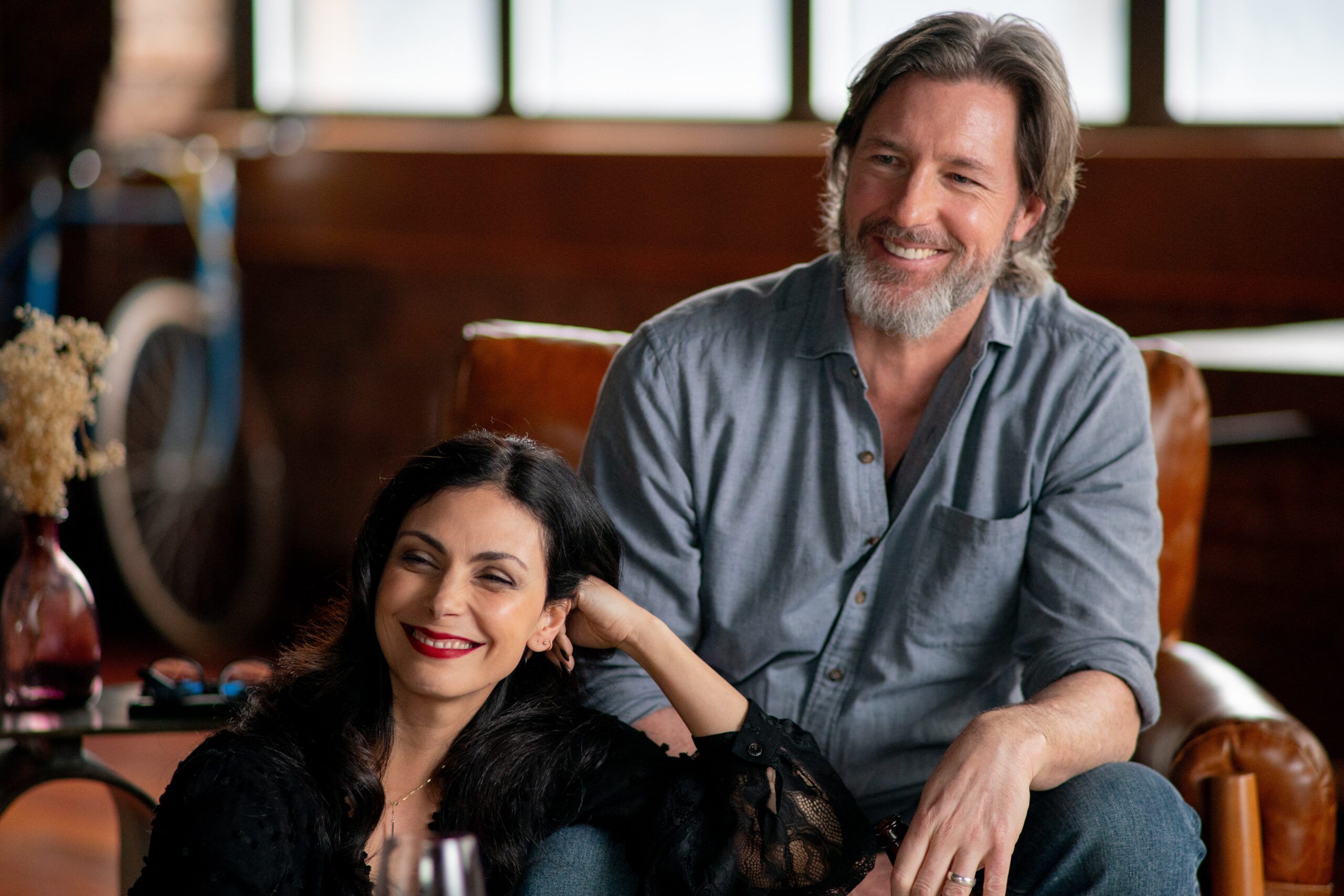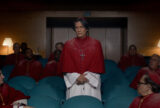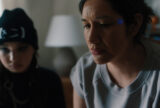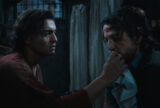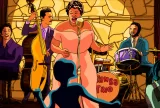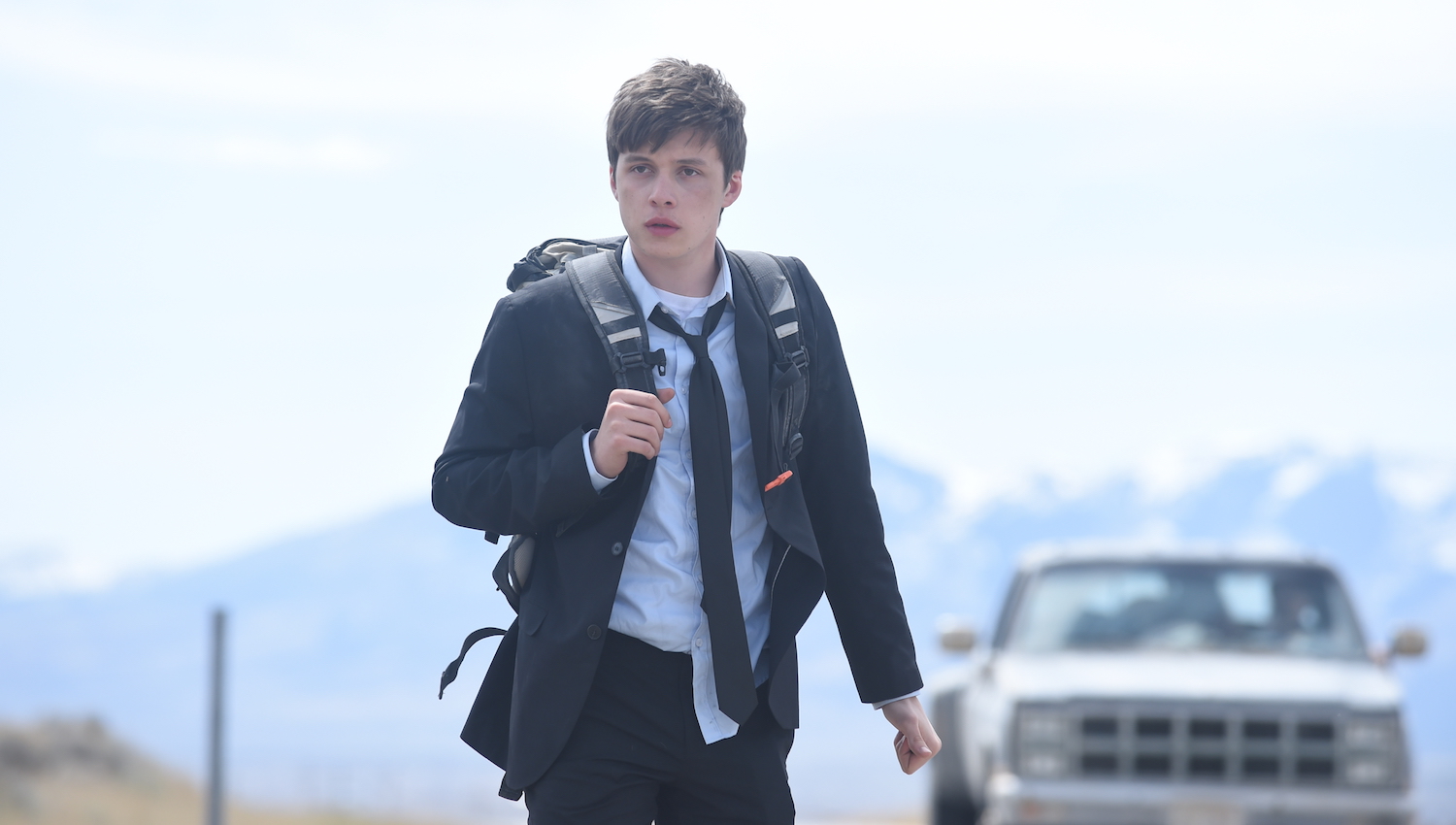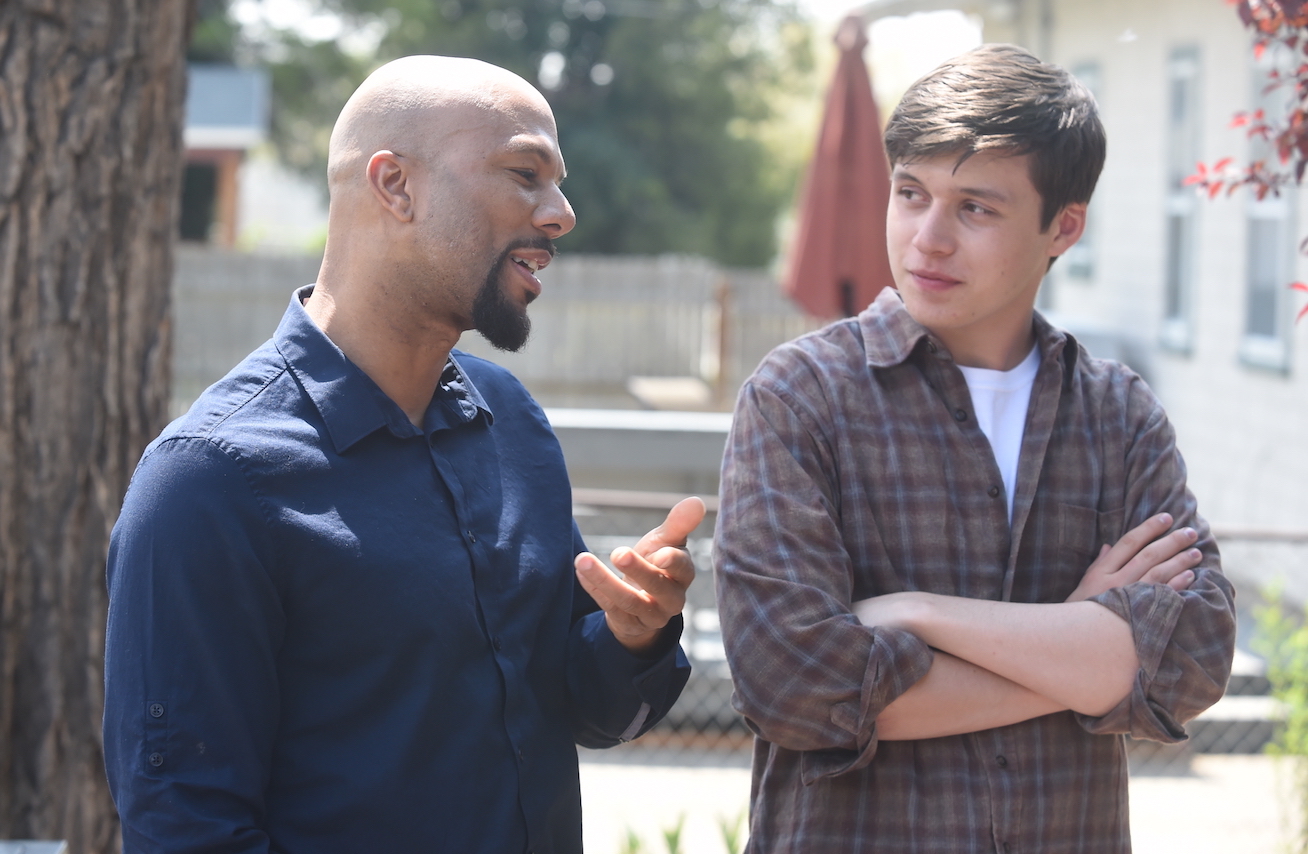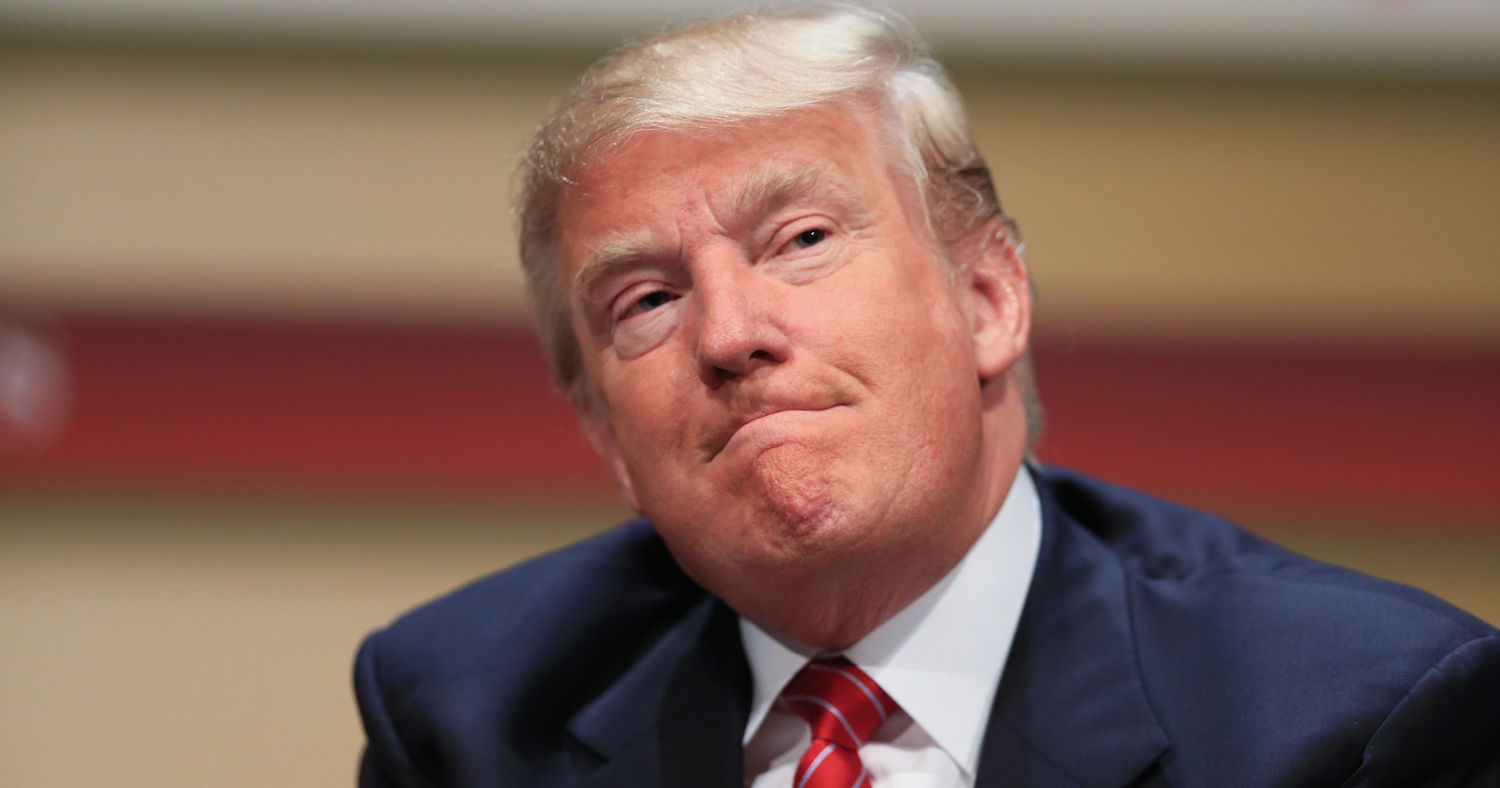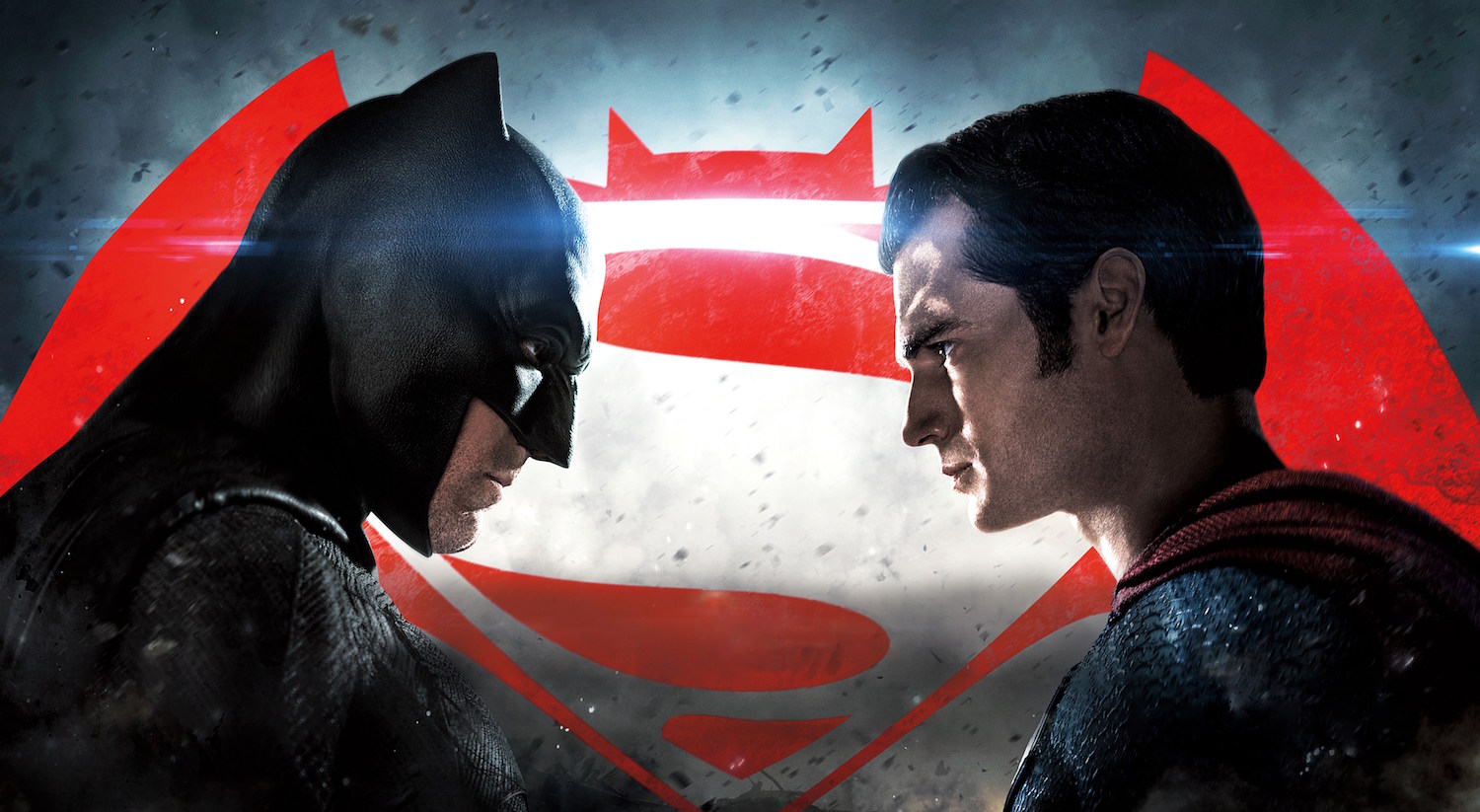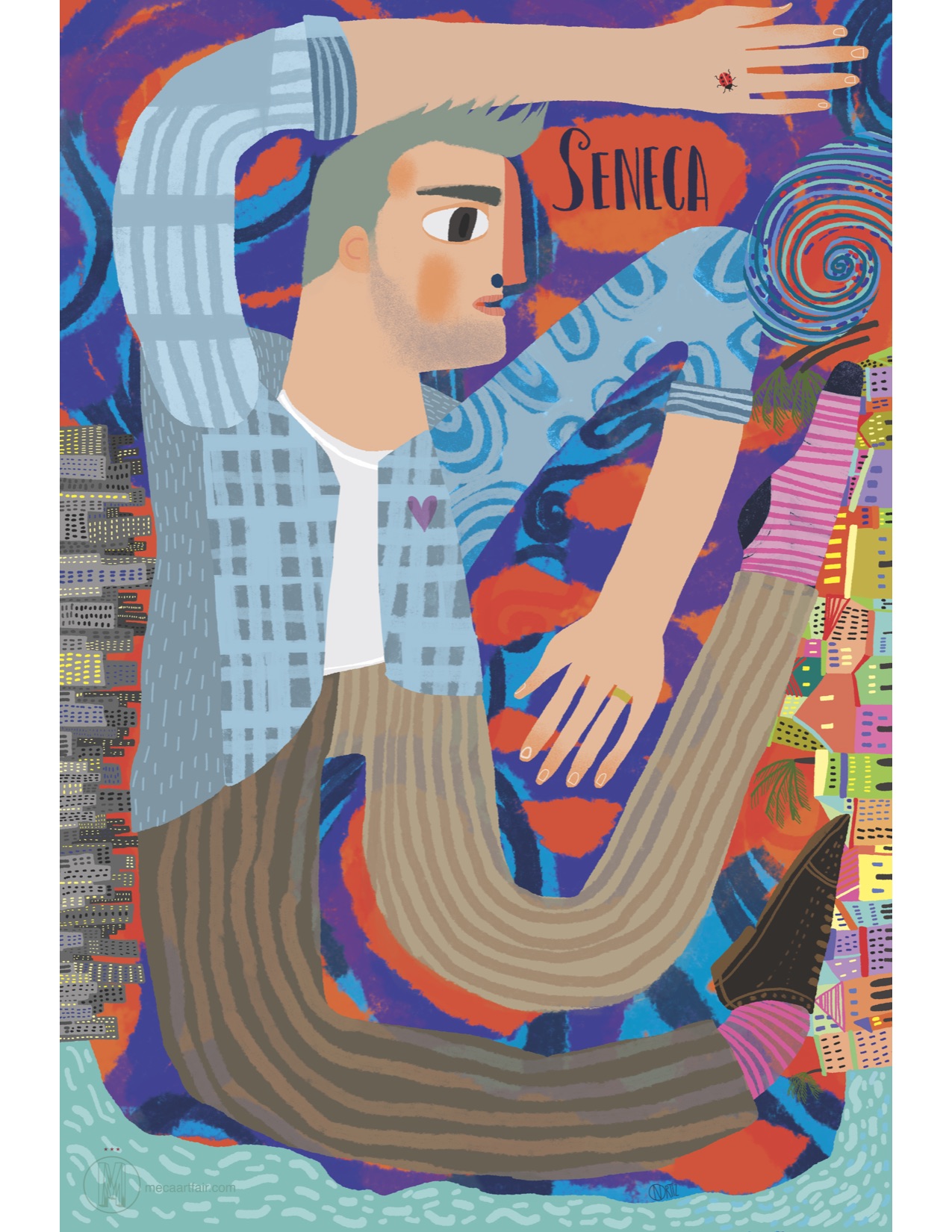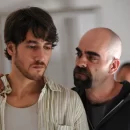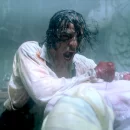05.9.2016 | By Jack Rico |
*Updated November 2025
When one says the name Rob Reiner, plentiful thoughts of superlatives comes to mind, but what most people associate the name Rob Reiner with is his character Michael “Meathead” Stivic from “All in the Family” and for his romantic-comedy classic “When Harry Met Sally”, at least for this writer. A further look into Reiner’s cinematic oeuvre and you’ll slowly understand how the tag of living legend might apply.
He’s directed This Is Spinal Tap (a cult classic and considered the greatest satire on a rock band), Stand By Me (acknowledged as one of the preeminent coming of age movies of all time and nominated for an Oscar), The Princess Bride (deemed one of the best comedies in film history and nominated for an Oscar), When Harry Met Sally… (the measuring bar for all romantic comedies, nominated for an Oscar), Misery (winner of an Oscar), A Few Good Men (nominated for 4 Oscars and one of Tom Cruise’s most memorable roles) and Ghosts of Mississippi (nominated for 2 Oscars) amongst others. That’s seven movies over the course of 12 years. It’s an incredible ratio of success in an industry that breaks careers more than in enhances them.
His new movie “Being Charlie” is his most personal yet. His son Nick Reiner wrote it and it’s semi-biographical. It deals with a character’s drug and father issues that have affected him severely. Reiner and I got to chatting about confronting the film’s father-son emotions as well as his views on Trump, a Trump movie, sequels, his views on the superhero genre and what he’s watching on TV right now.
Jack: Mr. Reiner, a pleasure to chat with you. I understand”Being Charlie” is one of the most personal projects you’ve ever done.
Rob: It is. It is the most personal.
Jack: What made you and your son Nick be ready to share something so personal to the world?
Rob: Yeah, that’s the perfect way to talk about it is to say “ready.” Because when Nick was going through it at the worst point, I thought I would tell a story about that. When he hadn’t even written anything, he was, you know, in the programs and I read these two books, one was by Nick Sheff called “Tweet” and the other one was by his father called “The Beautiful Boy.” And they were basically about the same thing but from different points of view, you know.
And I thought, wow, this is something I could maybe tell the story. But I didn’t feel like I was ready. I didn’t feel like I had enough distance or perspective on it to really understand how to tell this story. And it wasn’t until Nick got out and he was doing better and he was doing well and he started writing with his, you know, his buddy that he met in rehab, Matt Elisofin, and they – I had no idea that they were doing it. They were working on, you know, these characters and people that they had met and, you know, their own experiences, and then they wrote a half-hour comedy. And I read it and I went, it’s funny but I mean it doesn’t have any of the weight, it doesn’t have any of the emotional weight that it really needs to have…
Jack: What did you add to it then?
Rob: So then I said, well, why don’t we do something else? And then they made an hour comedy drama, and we tried to sell it; we couldn’t. And then I came back to the idea, because this was still just about the, what the son was going through and his life in rehab and I said let’s see what the parents are going through, let’s find out what he’s experiencing…is it still going?
Jack: It’s still going.
Rob: So I said let’s – and I helped them shape a screenplay and then we started playing around and then it’s not like we set out to, you know, have it be therapeutic or, you know, create a catharsis or anything like that, but it did. I mean it, you know, the fact that we were drawing on our own experiences and it was informing the film and I was learning more about what he went through and he was honest to tell me and I was honest to tell him what I was going through, we were ready.
I mean we were barely ready. Because it was still pretty raw but there was enough distance where we could talk about it, and at times we lapsed back into real tension and real arguments and yelling at each other. And then we had to step back and each see each other’s point of view, and I think as a result I did understand more of what Nick went through and he understood more of what I went through.
Jack: Now Nick has said before that, you know, a lot of what is in the movie and a lot of what he wrote is because he’s in the shadow of his father. Now I know you were the same with Carl. Can you tell me a little bit about the Hollywood life? When you’re born into someone who has achieved so much, how much pressure is there really, or is this been blown out of proportion?
Rob: No, it’s a tremendous amount of pressure if you choose to go into that line of work. I mean, you know, you can be born and then, you know, of a famous person and you go in a different direction, and you know, you do whatever you do. But it’s, you know, here’s the why of the pressure. Let’s say, for instance, your father is a big business guy tycoon and you go into his business, right? Well, there’s pressure on your but it’s all within that community because they all know what your father did. But to the rest of the world, they don’t know what the, you know…in show business everybody knows. Not just the people in the business but everybody knows. Because it’s, you know, it’s public, it’s public. So it’s a tremendous amount of pressure.
Jack: Will you work with Nick again?
Rob: Oh yeah, absolutely. But I think right now for him, he wants to do, you know, he wants to go on in his own direction. He wants to do something on his own, and I think that’s great. And he is very different from me, he has a different way of approaching his work and his life and it’s different. So he’s going to go, you know, if we wind up coming back together, great. But you know, he’s on his own track, which is fabulous.
Jack: Changing gears for a second, I know you’re extremely well versed in politics.
Rob: A little bit.
Jack: You just finished wrapping up LBJ, I’m just very curious to know how you see the political landscape today with the imminent Hillary-Trump showdown. What are your personal thoughts on it?
Rob: This is one of the craziest political cycles I’ve ever seen. I mean, you know, on one side you have Hillary Clinton, who is maybe more qualified to be president than anybody, certainly in my lifetime, that has ever run for president. So that’s the one side. On the other side, you have somebody that is the single most unqualified person ever to run for public office. He has no grasp of the issues, he has no understand of the complexities of the world and how government works and how, you know, he does understand about popularity contests.
He does understand about branding your name and all of that stuff. And I don’t think he could have emerged in any other time other than a time when, when we’re in the Kardashianization of this country, where you can become successful based on nothing, and he is now successful in an area based on nothing. You know, he has no ability. No insight into anything, and he’s just popular. And it’s scary to me, it’s scary.
Jack: It’s not only scary, but he’s excited a side of America that not many people thought were even influential enough to dent a presidential race.
Rob: Well, here’s, to that point, here’s what’s interesting. After Johnson passed the Civil Rights Act in 1964, he said we’re going to lose the South forever, meaning the Democrats, and it’s true, that was gone. And but the racism that, it was kind of sub rosa for a while. It was underneath, I mean there was the killing of Martin Luther King in ’68 and we did have movements and stuff, but it was kept down, you weren’t, and then certainly by the ’70s you weren’t allowed to talk about any of that stuff. But it doesn’t mean it wasn’t always there. Then all of a sudden a guy comes along and he gives voice to all of this.
And it’s okay to hate people who are not like you. And all of a sudden you have all these white supremacist racist groups, you know, flocking to him. And the sad part of it is, I don’t whether or not Donald Trump’s a racist, but I do know that he doesn’t say I don’t want to have these people part of my… He’s not negating it. He said fine, let the people, I don’t, when he says I don’t know who David Duke is, you know, it’s like what are you talking about? Then you’re an idiot if you don’t know who David Duke, then you’re living under a rock or something. But to not disavow it, to not say I don’t want these people, I don’t want them come, I don’t want this hatred that I’m spawning here. And he doesn’t say that. He triggers that stuff. So it’s been sub rosa and it’s kind of risen to the surface.
Now if he wasn’t famous, if Donald Trump was not famous, and there was some guy saying the things that he said, you know, he’d be that crazy person in the park standing on a soap box, you know, the end of the near, and you’d walk by, you’d just walk by that guy. But you don’t walk by him because he’s famous.
Jack: So let me ask you this, as a film director and knowing the heads at the movie studios, is there a film here about Donald Trump? Do you think people would go see it, knowing his fan base?
Rob: Well, but the point is, we’re living that film now. This is the film. You can’t get any more satirical than this. I mean you know… we had Arnold Swarzenegger as governor of California. We had Reagan became a governor. But Reagan was the president of the Screen Actors Guild. At least he did that and became a governor before he became president. Now you’ve got a guy that has absolutely no experience running for president and it’s happening. So how can you satirize it? How can you make it bigger than what it is? I mean it’s happening, we’ve all got ringside seats to this crazy show that’s going on now.
Jack: You know, I was looking at your body of work and I just noticed that you’ve never made a sequel.
Rob: No, I don’t make sequels. You know why? Because I did that already, you know. It’s like you’re living your life, you know, and you did that. Now that doesn’t mean you can’t have the meal again that you like to eat that meal. But from a creative standpoint, my mind, you just want to go to a different place, you know, wherever your mind is going to go…
Jack: You’ve never been curious about revisiting particular characters that you’ve fallen in love with or that you might see them in a different light 30 years later, and perhaps feel like they have something to say in today’s social climate?
Rob: No, no. Because they existed for that time and that’s what I thought about at that time, and so there it is. I mean I just, you know, I don’t, you’ll get older, you’ll find, I mean you’ve got a limited time and you want to be able to do as many different things as you can and my mind likes to go to a lot of different places.
Jack: I was born in 1974. The great movies I’ve seen in my life happened in the ’70s and the ’80s. To me, the 70’s were a classic golden era.
Rob: Well, there was. The ’70s, I mean you had Coppola, you had Scorsese…
Jack: DePalma.
Rob: You had those guys and then the ’80s was me and Barry Levinson and maybe Ronnie Howard and, you know, Jim Brooks. And so different people came out of these different eras, you know?
Jack: And they’ve all influenced the movies we watch today but there’s one particular genre that I’m very interested in knowing what you think of, which is the superhero genre. It seems like it owns Hollywood at this moment.
Rob: Well, it does. But there were always superheroes. I mean there was always Superman, there was always Batman. There were TV shows, there were movies. But it didn’t get exploded the way it is now. Now, and I make the joke all the time, if you want to make a movie at a studio, you have to man and a number in the title. You know, “Iron Man 6,” Superman 4,” “Batman 3,” “Spider-Man 3,” “Spider-Man 12.” It’s a man and a number, you know.
Jack: Is this something that you would like to at one point direct? Alejandro González Iñárritu hates it, he’s been very vocal about it, but it makes so much money. Does this genre in any way affect you as a filmmaker?
Rob: Well, I never was drawn to that stuff. You know? I’m not drawn to…
Jack: Have you seen “Batman vs. Superman”?
Rob: Well, see, I wanted to make a joke about that, which is there’s a scene in “Stand By Me” where the kids are walking and they’re saying, you know, if there was a fight between Mighty Mouse and Superman, who would win? And the guys says, what are you talking about? You know, Mighty Mouse is a cartoon, Superman is a real guy. There’s no way a cartoon can beat up a real guy. So when I heard, you know, “Batman vs. Superman” I said what are you talking about? Superman has got super powers. Batman has nothing. He’s got a Batmobile, he can’t fly, he can’t do anything. I mean Spider-Man at least can put a thing of a web and he can fling himself somewhere. But what can Batman do? Nothing. So Superman, he can’t beat Superman, no way.
Jack: TV has changed so much. I would say we’re living in the new Golden Age of television. Do you agree it is?
Rob: It is. And people have said that and it’s absolutely true. I mean people who can’t, you know, all the movies, I made, you know, our company’s made over 125 movies, and there’s not one of them that would be made at a studio now, but filmmakers and creative people are going to television because if you want to tell stories about people, about human interaction, then you can do those stories on television. So that’s why I think you’re seeing that Golden Age. And that’s why you can only see man and a number in the theater.
Jack: Any favorite shows that you’re definitely into binging right now?
Rob: Let’s see, which ones? I mean I’m saving up “The Americans.” I love “Homeland,” I love “House of Cards,” I like “Breaking Bad.” I’m watching “Better Call Saul.” I mean I watch everything. All the “Downton Abbey”s. I watch as many, “Happy Valley.” I like everything. I’m waiting for “The Americans” to finish the season because I don’t like to watch them one a week. I binge watch, I watch them all. So I’m waiting for it to finish so I can watch them.
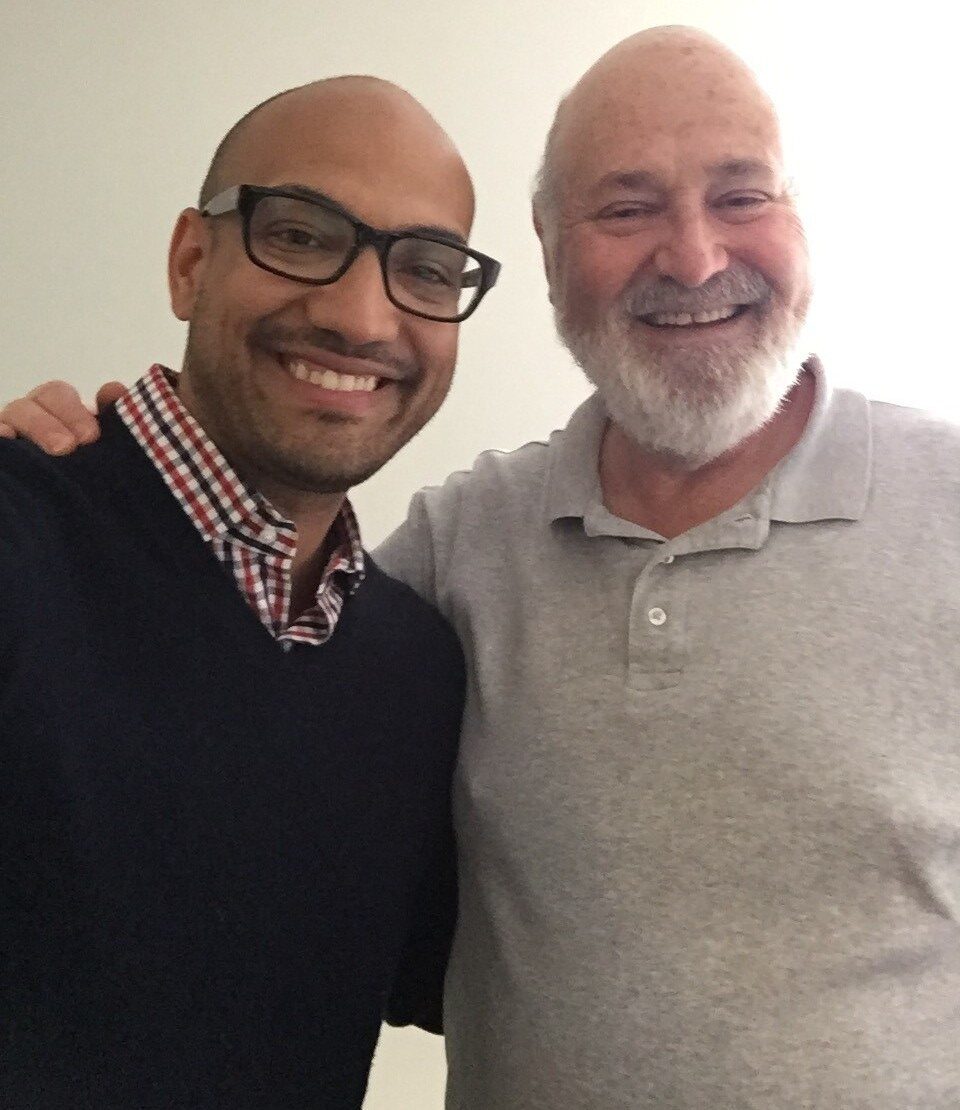
Rob Reiner and me
Rob Reiner’s new movie “Being Charlie” is currently out in theaters.
For more movie reviews, visit our Movie Reviews section.

